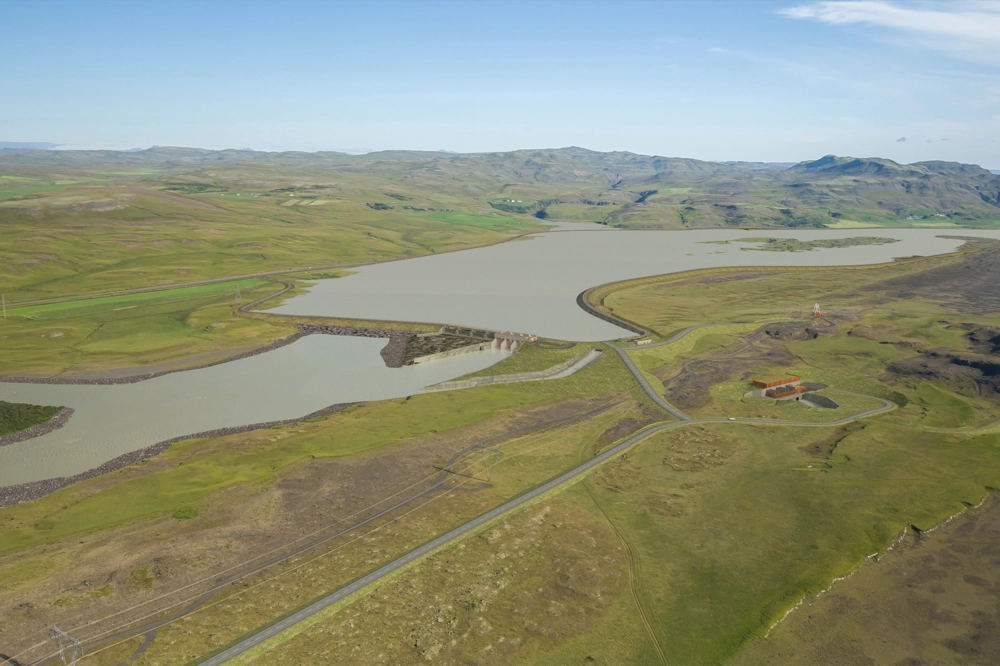We believe that companies like Legal & General can make money, generating returns for our shareholders and tackling inequality, by making investments we know will make a difference.
We can be purposeful in the way we make and invest money so we can both grow our profits and invest in projects that will do good. For example, we invest the money that is held with us in pension savings. That might be into housing projects to tackle the UK’s housing shortage, in towns and cities that might need to regenerate their local economies, or in businesses or projects that help to tackle climate change. Because we invest over the long-term, we strive to create reliable returns for both pension-holders, and our shareholders.
Of course, our businesses do more than just this, but it’s just one example of how we are tackling issues that affect thousands of people across the world, while making sure our business continues to grow.
Big numbers
Committed to building new social housing
£1bn
Invested into clean energy infrastructure and technology
£400m
Invested in regional economies around the UK to revive communities and deliver sustainable affordable housing, transport and digital infrastructure
£32bn
We aim to be net zero by
2050
Operating profit from divisions in 2023
£2,078m
Operational surplus generation in 2023
£1,821m
These numbers have come from our Social impact report, Climate and nature report and Annual Results.
Strategic progress
Our vision is for a growing, simpler and better-connected L&G, continuing to build on our shared purpose to benefit our customers, society and shareholders.
L&G is made up of three complementary businesses: Retail, Asset Management and Institutional Retirement. With a shared purpose and strong synergies between them, our businesses are working together to serve the long-term investment needs of clients, customers, shareholders and society.
Safeguarding financial futures
As a leading UK provider of retirement and protection solutions, we support our policyholders and workplace members throughout their lifelong financial journeys. That helps them build resilience throughout their lifetimes and make more informed decisions that lead to better retirements.
Community impact
As a leading financial services group, L&G can positively impact society. We are dedicated to uplifting communities, through engagement with local partnerships and social projects on an individual and organisational level. We also encourage our people to give back by volunteering and fundraising for charitable causes.
Investing for growth
We believe it is in the interest of all stakeholders for companies to build sustainable business models that are also beneficial to society. That is why we are evolving our business to address society’s changing investment needs and shift towards fee-based earnings at higher returns on capital.
Our investment philosophy and processes are focused on creating value over the long term. We believe that incorporating financially material sustainability criteria, when relevant to our clients, can create value and drive positive change.








